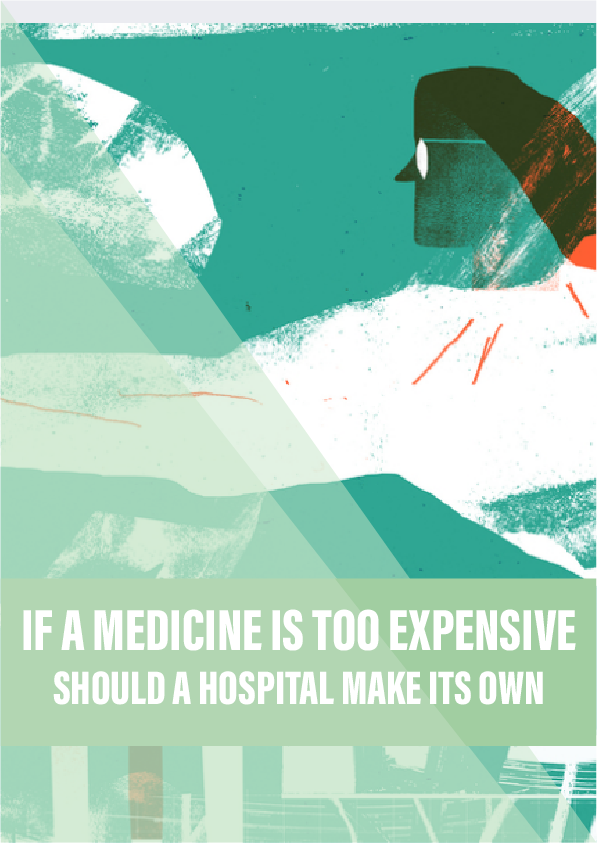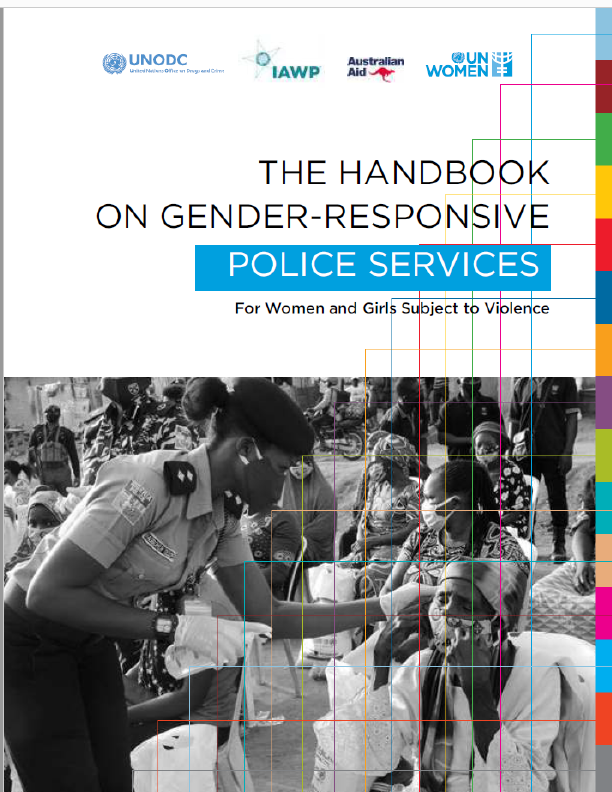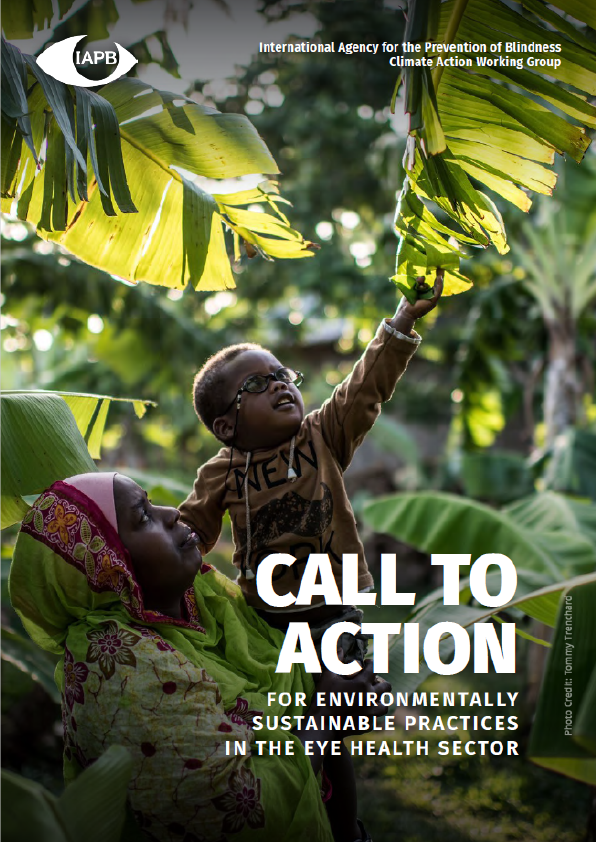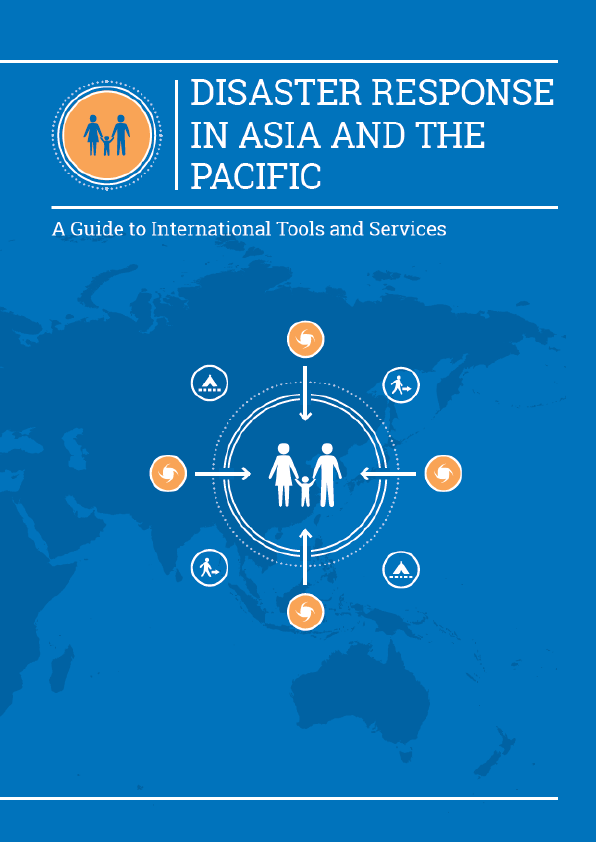When Marleen Kemper was a child, she watched two of her primary-school classmates get ill. One had a brain tumour, and the other contracted an infection in his gut. Both of them died. Kemper was around ten at the time, and knew that she didn’t want to see another friend perish. She told her parents she wanted to do something that would prevent others dying. She wanted to be a doctor.
But training is hypercompetitive in the Netherlands, where Kemper was growing up. She didn’t quite have the grades. She liked chemistry, so chose a career in pharmacy instead. She studied for six years, and did a residency for another four. Today, she’s a highly respected hospital pharmacist based at Amsterdam UMC’s Academic Medical Center, a cavernous building crafted out of concrete on the south-east fringe of the Dutch capital.
To understand what happened next, you have to understand several things about Kemper. Two date back to her childhood. One was those early experiences of losing friends to illness, which ensured she’ll do everything she can to make sick people better.
The second is that, though she’s highly accomplished, Kemper is self-admittedly hard-headed, and has always had a rebellious streak. She once dyed her hair black to stand out from the crowd. Sometimes she likes to shock people.
Which leads into the third, more recent trait: a steely determination to do right by her patients, whatever the cost. And the cost can be great. In 2017, when the price of a drug to treat a rare genetic disorder skyrocketed, Kemper wasn’t happy. The result was a dispute that’s still going on today and has spread beyond the four walls of the UMC hospital. It’s spread beyond the city of Amsterdam. And it’s even spread beyond the borders of the Netherlands.
Reference:











